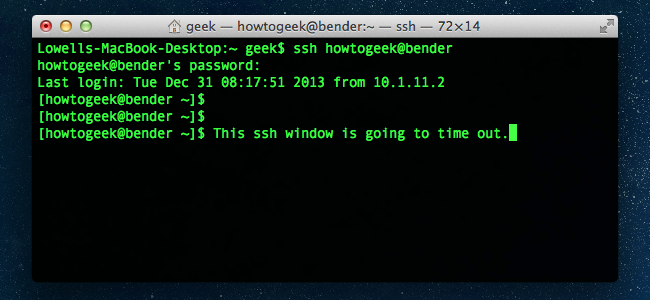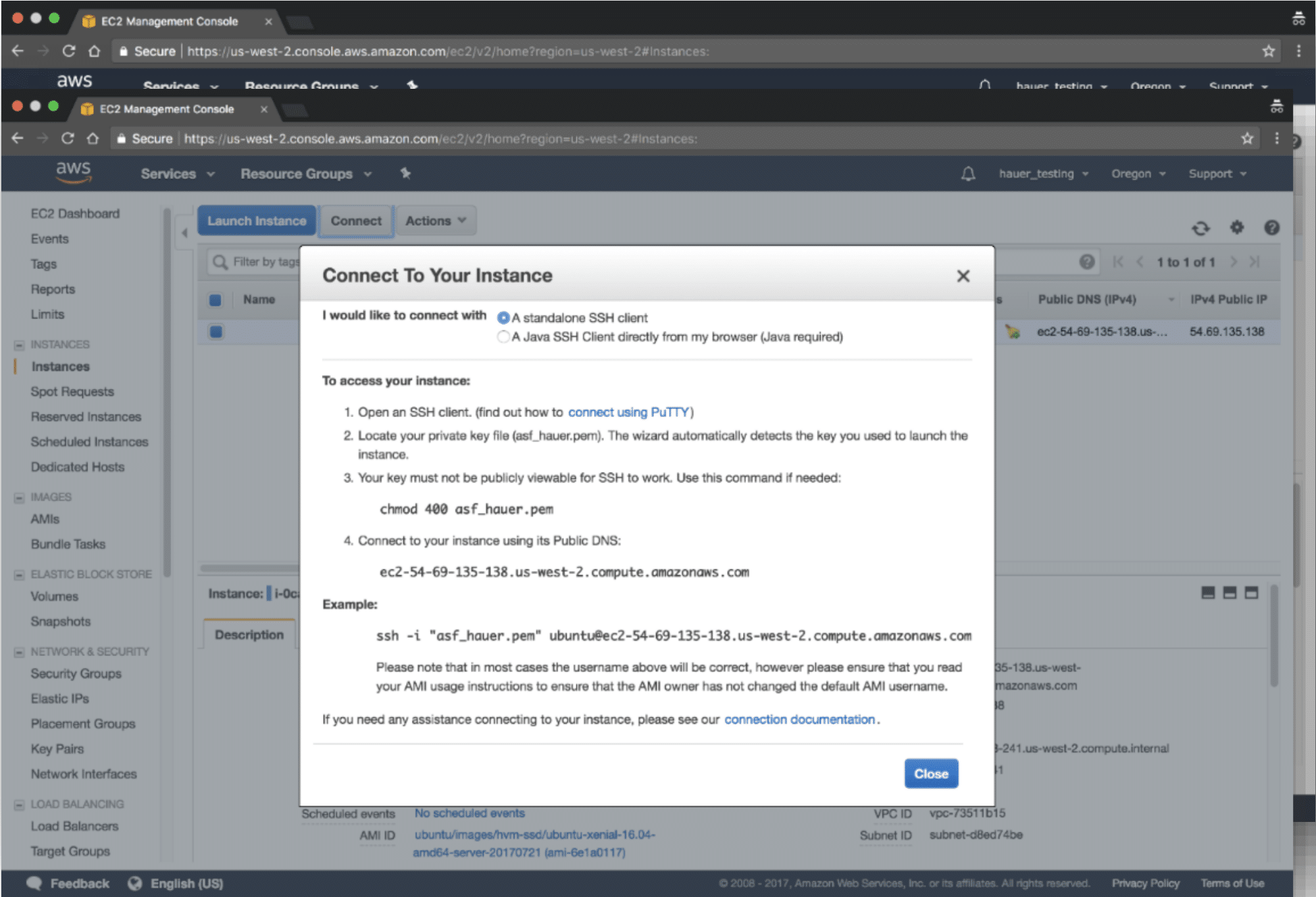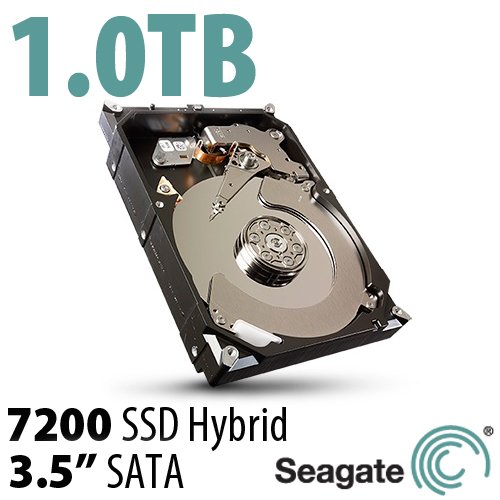The Cygwin DLL currently works with all recent, commercially released x86_64 versions of Windows, starting with Windows Vista. For more information see the FAQ.
Yes, you are right, if you HUP an sshd process that has an open connection, sshd terminates. However, sending a HUP signal to the main sshd, that is, the parent sshd that forks a new daemon for each incoming connection, will have the desired effect. On OS X, though, there's no main sshd: sshd is started by launchd through launchproxy with option -i, which tells sshd that it's run from inetd. How to install sshd on Mac? closed Ask Question Asked 8 years, 6 months ago. Active 8 years, 5 months ago. Viewed 12k times 4. This question is off-topic. It is not currently accepting answers. Want to improve this question? Update the question so it's on-topic for Stack Overflow.
Cygwin version

The most recent version of the Cygwin DLL is 3.2.0.
Installing Cygwin
Install Cygwin by running setup-x86_64.exe
Use the setup program to perform a fresh install or to update an existing installation.
Keep in mind that individual packages in the distribution are updated separately from the DLL so the Cygwin DLL version is not useful as a general Cygwin distribution release number.
Support for Cygwin
For all Cygwin-related questions and observations, please check the resources available at this site, such as the FAQ, the User's Guide and the mailing list archives. If you've exhausted these resources then please send email to an appropriate mailing list. This includes observations about web pages, setup questions, questions about where to find things, questions about why things are done a certain way, questions about the color preferences of Cygwin developers, questions about the meaning of the number 42, etc.
Please send notification of technical problems (bad html, broken links) concerning these web pages to the Cygwin mailing list.
Please do not send personal email with 'quick questions' to individual Cygwin contributors. The Cygwin mailing lists are the places for all questions. Really. I mean it.
32 bit Cygwin

Address space is a very limiting factor for Cygwin. These days, a full 32 bit Cygwin distro is not feasible anymore, and will in all likelihood fail in random places due to an issue with the fork(2) system call.
Therefore we recommend using 32 bit Cygwin only in limited scenarios, with only a minimum of necessary packages installed, and only if there's no way to run 64 bit Cygwin instead.
You have been warned. If you're still sure you really need a 32 bit Cygwin, and there's absolutely no way around it, you may run the setup-x86.exe installer.
Mac upgrade opened sshd to brute force password attacks
A couple of weeks ago, I read apostabout how the 'sealed system' on Big Sur was hurting people. I kind of skimmed through it and figured it was mostly complaining about the size of the download. For whatever reason, that hadn't been a problem for me and my machines, so I kind of wrote it off.
Last night, I applied the latest security patches to arrive at Big Sur version 11.2.3, and realized that I should have paid more attention to that thing. It explained something that I had been noticing for a while: my Apache config would keep reverting.
For a good number of years, I've been (foolishly, as it turns out) using the included Apache httpd to run small localhost-only stuff on my Mac laptop. In recent times, I found that every upgrade of the OS would revert my httpd.conf and it would need to be put back.

This was the status quo for a while, and I was considering writing a post on the topic along the lines of 'you might as well give up on using that included httpd, since anything you do to it will die regularly'. That was my thought on the topic until just a few minutes ago when I realized something else probably happened: it probably reverted my sshd config, too.
Why would it matter if the sshd config got reverted? Simple: it's because the stock Mac sshd install includes password-based auth, and that means someone can brute-force their way onto your machine if they can connect to it on port 22 for long enough.
The last time this came up, I wrote a dumb little checker script, and kept running it against my entire fleet of machines until they all checked clean. So, I ran it again just minutes ago, and son of a bitch, it's wide open yet again.
The resulting RAAR I let out got me to start this post. This, too, was something I wanted to write about eventually, but this forced the issue.
In the interest of helping people out, here is my terrible little script. It requires bash in /bin, netcat as 'nc' in your path, ssh (obviously), and timeout from GNU coreutils. In other words, it's intended to run on Linux and I haven't bothered to fine-tune it for other places yet, including a Mac.
If you are in fact on a GNU-ish setup, then here, you can just run this awful thing. Beware, you may not be able to unsee this disaster. You have been warned..
The way it works is suitably nasty, too: it assumes that ssh will block asking for a password, so it treats a 'hang' (timeout expiring) as a password prompt, meaning it accepts one of those two methods. Now, ssh will also block for long time if it tries to connect to a host that's down or otherwise is dropping packets from you, so the script does an awful 'will it accept a connection to me' check first with netcat. Capture 1 pro 20.
See, I told you it was terrible.
If, however, you can't run this script, you can do your own checking by hand - just type this in and add in the hostname or IP address on the end. Microsoft 2008 for mac free download. TYPE IT IN. Don't copy and paste. Leave off the last part.

ssh -o PreferredAuthentications=password,keyboard-interactive-o StrictHostKeyChecking=no -ZZZZ_I_SAID_DONT_PASTE_THIS_IN Pinnacle studio 14 for mac free download.
Don't just copy and paste this into your shell. TYPE IT IN.. and leave off the -ZZZZ part. I put that there to catch people who paste straight into their shells from random web pages.
I could have run some terrible JavaScript on this page that hijacked your copy mechanism and added something nasty. I mean, I probably didn't, but why would you trust me, or anyone else who has access to this page, server, or the Internet connections between you and it?
[Sidebar: seriously, go to one of these 'news' sites, go to copy a stretch from the page, and notice how your cursor goes a little wonky. That's them injecting something into the paste. When you go to paste it somewhere else, it will contain something you *did not* see on the page. Imagine if you ran that as a command. That's what I'm trying to teach you about here.]
Sshd Macbook
Anyway, if you run that command manually and it asks for a password, guess what? You, too, can now be brute-forced.
Now what? How about locking it down? That seems like a good idea.
You have non-password-based logins to your sshd, right? .ssh/authorized_keys and all that stuff? If not, go do that first, or you will lock yourself out of the machine if you follow the rest of this post.
Another thing: if you are doing this remotely (!), for the love of all that is good and holy, have another root shell open and just chilling out in the corner in case you screw up the config, and don't close it until you have verified you can open a NEW connection and get all the way back to a root shell!
..
Assuming you have a non-password-based way into your machine at this point, then continue to turning off password-based auth.
First up, you have to edit /etc/ssh/sshd_config, find '# PasswordAuthentication yes', uncomment it, and flip it to no instead. Save the file. Due to a quirk of how the Mac starts sshd, it'll recognize it for the next connection - none of that 'sshd reload' stuff here. (Really. Don't try to poke launchctl or something. Learn from my mistakes.)

Run the check again and you will find that.. it's still accepting password authentication. This is because there's a second path, and it happily falls back to that. You now have to look for 'UsePAM yes' and flip *that* to 'no' as well.
Save it out, run the check again, and you should find that it's fixed.
Congratulations, you have now stopped your Mac from being exploited by the army of ssh-scanning idiots on the Internet.
And, just remember, the next time your Mac does so much as a *point update* for security reasons, you get to do this all over again.
Sshd Macbook
..
Notes on the script: you might've noticed I commented out where it says that a host is not listening on port 22. This is so you can run it against a whole whack of machines at once and not hear about the ones which aren't up.
Here's a really sad way of running it as a batch:
for i in $(seq 1 254); do ( ssh-check x.x.x.${i} & ); done
.. you know, that kind of thing. Try it on your own network and despair at the probable state of your ssh daemon configs.
Enable Ssh On Mac
I'm sure there are better ways to scan for this. Feel free to use them and then you can bury my script in an appropriate place. I suggest the bottom of a cat box.
